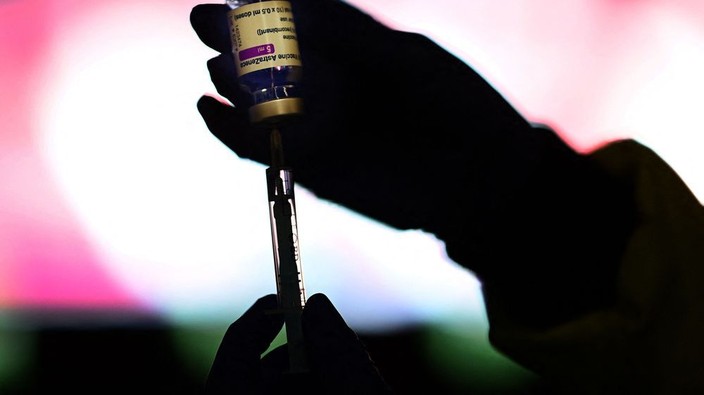a new two-dose cancer vaccine built on oxford-astrazeneca’s viral vector technology has shown the potential to “revolutionize cancer treatment.”when combined with immunotherapy, the vaccine —
as documented in the journal for immunotherapy of cancer — produced a greater reduction in tumour size and survivability in mouse models than immunotherapy alone. anti-pd-1 immunotherapy, a treatment that has shown promise in disarming the disease by removing the brakes from cancer-fighting anti-tumour t cells, is not always effective because cancer patients have these cells in low supply. oxford’s vaccine technology helps overcome this by generating a strong cd8+ t cell response — a vital ingredient for taking down tumours.the team used this technology to design a two-dose cancer vaccine that specifically targets two mage-type proteins — mage-a3 and ny-eso-1 — present on the surface of a wide range of cancer cells,
according to technology networks. in mouse tumour models, the vaccine successfully increased the levels of tumour-penetrating cd8+ t cells, boosting the overall effectiveness of anti-pd-1 immunotherapy.“we knew from our previous research that mage-type proteins act like red flags on the surface of cancer cells to attract immune cells that destroy tumours,” said benoit van den eynde, professor of tumour immunology at the university of oxford, member of the ludwig institute for cancer research and director of the de duve institute in belgium. “mage proteins have an advantage over other cancer antigens as vaccine targets since they are present on a wide range of tumour types. this broadens the potential benefit of this approach to people with many different types of cancer.“importantly for target specificity, mage-type antigens are not present on the surface of normal tissues, which reduces the risk of side-effects caused by the immune system attacking healthy cells.”the therapy has shown enough promise to be cleared for a clinical trial involving 80 patients with non-small cell lung cancer later this year.
“this new vaccine platform has the potential to revolutionize cancer treatment,” said adrian hill, lakshmi mittal and family professorship of vaccinology and director of the jenner institute at the university of oxford. “the forthcoming trial in non-small cell lung cancer follows a phase 2a trial of a similar cancer vaccine in
prostate cancer undertaken by the university of oxford that is showing promising results.“our cancer vaccines elicit strong cd8+ t cell responses that infiltrate tumours and show great potential in enhancing the efficacy of immune checkpoint blockade therapy and improving outcomes for patients with cancer.”the university has provided an ideal environment for the amalgamation of cutting edge research at a time when the world is still reeling from the spread of covid-19, a virus that has only diminished the ability to detect and treat cancer among the general population in a timely manner. “by bringing these teams together we can continue to address the significant challenge of broadening the positive impact of immunotherapy to benefit more patients,” said tim elliott, kidani professor of immuno-oncology at the university of oxford and co-director of oxford cancer.
for more information on cancer, support or to connect with other patients, visit the canadian cancer society or wellspring.dave yasvinski is a writer with healthing.ca
 2 minute read
2 minute read








